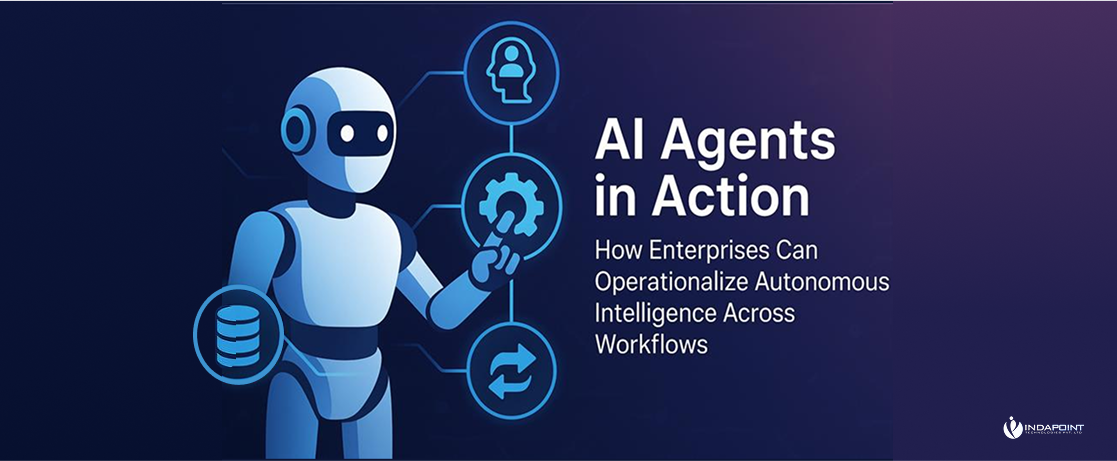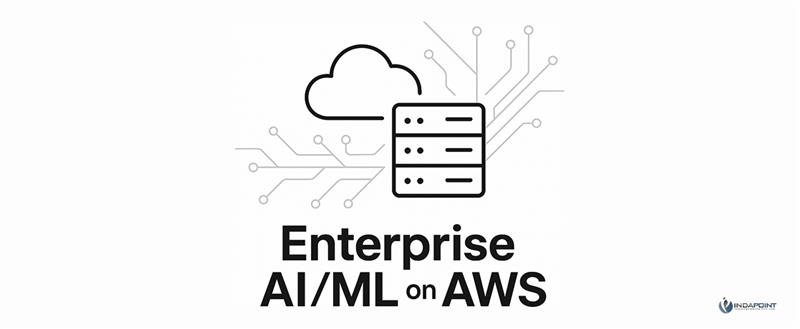Drupal is an open source content management system that can be used to develop a variety of Web sites: personal;
corporate; community portals like discussion forums and social networking Web sites; and complex applications like
e-commerce and intranet. The Drupal CMS enables Web editors to easily publish and manage content appearing on the sites.
Drupal is written using the PHP scripting language and is available under the GNU public license. It supports a wide range of operating systems such as Linux, Solaris, BSD, Windows and Mac OSX, etc.
Drupal is based on extensible and modular architecture. Various plug-in modules and components can be easily integrated with it to enhance its basic functions. Customized modules that provide additional/enhanced features not available with Drupal can be developed and integrated with the solution.
The IndaPoint team is expert at developing Drupal-based Web applications. Keeping Drupal as a base, we also develop
custom modules that can be integrated to provide customized solutions.
Features
Drupal has many built-in features:
- Browser-Based Interfaces: Drupal provides browser-based admin interfaces that can be used
to manage a Web site as well as publish and organize page content. - Themes: A library of template themes enables layouts customized to client preferences.
- Extensions: A wide variety of extensions are available that can be integrated with the
basic Drupal setup in order to provide enhanced and advanced functions such as discussion forums, blogs,
shopping carts, podcasting, photo galleries, etc. - Multiple sites: The default Drupal installation enables multiple sites to be run from a
single installation. - Search Engine-Friendly URLs: Drupal enables the generation of URLs encouraging to search
engines. - Taxonomy: The taxonomy module available in Drupal enables Web site content to be easily
categorized and organized in a tree structure making content search easier. - Discussion Forum: Discussion forum features are built into Drupal. The discussion forum
module enables users to enter comments and carry on a discussion with other users. - Versioning: Drupal maintains multiple versions of each content item, enabling
administrators to track content modifications. Versioning also helps in restoring content of a previous
version. - News Aggregator: Drupal provides a built in news aggregator that can be used to gather
news/articles from other sites such as blogs. - Polls: Opinion polls on the Web sites can be customized, such as specific user groups only
allowed to vote, or multiple answer options displayed, etc. - Multi-lingual: Drupal provides support for multiple languages, so multilingual Web sites
can be easily created. - Reporting: The built-in reporting module provides detailed reports on site performance,
event logs, etc. - User Profile: Drupal enables registered users of a Web site to create and share their
profiles with others. - Content Linking: Multiple content items and articles can be linked to form an online book.
This feature can also be used to create FAQs, manuals etc. - Page Caching: Caching helps in improving page generation time and reducing the load on the
Web server. - Contact Module: Through the contact module available in Drupal users can send messages to
each other through the Web site. - Directory Sites: Web sites developed using Drupal can connect to other directory-listing
Web sites.
Drupal offers the following advantages to clients
Cost Effective
Drupal, as an open source application, is a cost-effective solution.
Support Community
Drupal has a strong online support and developer community. Enhancements and updates are available at regular intervals.
Customizable
Drupal has a modular architecture. Features and functionalities are easily added or removed to meet individual requirements.
Our Blogs: Feel the Beat of Innovation
Stay in sync with the latest in technology and business transformation.

Enterprises Deploying Generative AI at Scale: A Common Reference Architecture
Enterprises are adopting generative AI solutions at scale using a structured reference architecture comprising platform portals, automation, shared services, and governance. This architecture ensures scalability, security, and compliance across industries like finance, healthcare, retail, and manufacturing. It enables faster innovation, operational efficiency, and responsible AI deployment while addressing challenges like integration, data quality, and ethical use.
July 02,2025

AI Agents in Action: How Enterprises Can Operationalize Autonomous Intelligence Across Workflows
AI agents are transforming enterprise automation with agentic AI and multi-agent systems. From RAG chatbots to Claude agents and orchestration layers, they streamline enterprise AI workflows. Businesses can now build no-code AI tools, accelerating their business AI strategy. Operationalizing these tools empowers scalable, intelligent automation across finance, IT, and customer service—marking a new era in enterprise AI.
June 30,2025

AWS Services for AI/ML: The Definitive Enterprise Guide
Explore how AWS empowers enterprises with scalable AI/ML solutions. From data storage and model training to MLOps and edge AI, this guide covers the full spectrum of AWS services. Learn how leading companies streamline development, ensure compliance, and accelerate innovation with AWS’s powerful AI/ML ecosystem.
June 27,2025




